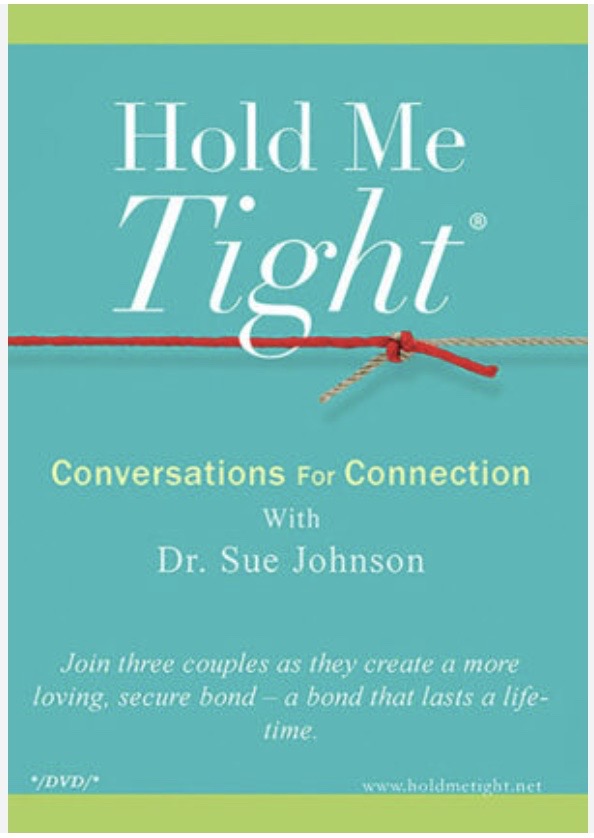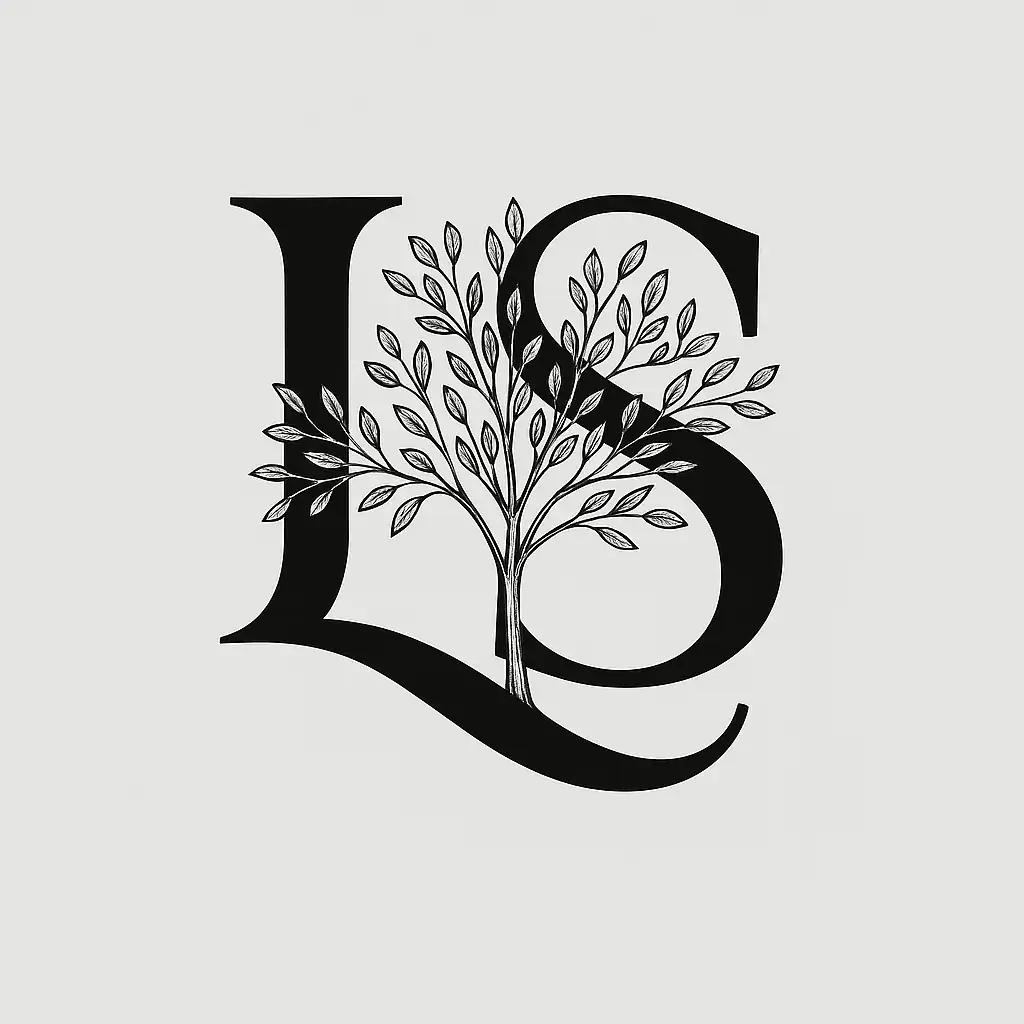
Therapy Resources
Helpful tools to support your healing process
The Negative Cycle
Created by Laura Santomauro, LMFT, The Negative Cycle is often introduced in early sessions to help clients better understand their patterns of communication, reactivity, and disconnection. Whether you’re in individual or relational therapy, identifying these stuck places can be a powerful first step toward change.
A more light-hearted and humorous version of The EFT Negative Pattern by EFT Trainer, George Faller, LMFT. It highlights that all couples get caught in these patterns and what they look like in real time!

Hold Me Tight by Dr. Sue Johnson
This Emotionally Focused Therapy resource is a self-help book for couples. The first 57 pages highlights the Attachment Theory and how it applies to the negative cycle. Three different types of patterns are outlined. The book then proceeds to take couples through seven healing conversations.
We recommend that all couples coming into therapy and/or a weekend retreat read the first 57 pages.
Hold Me Tight also has an online version. This has multiple teaching videos and guided worksheets to complete and share the healing conversations.
While this information is rooted in EFT therapy, it is a wonderful precursor. EFT therapy goes much deeper into the emotion, corrective experiences, and healing.

Looking for Therapy Resources?
We’ve Got You Covered.
Whether you’re exploring The Negative Cycle model, diving into Hold Me Tight, or getting curious about EFT and attachment styles — You don’t have to go it alone. Our resources offer practical frameworks and self-guided tools, and our licensed therapists are here to help you bring those insights into deeper transformation.
Ready to take the next step? Explore our therapy services for individual, couples, family, or addiction counseling — including marriage retreats — all grounded in evidence-based care and compassionate support in Jackson. Let us help you turn self-awareness into meaningful change — with therapy resources AND therapy services you can trust.
